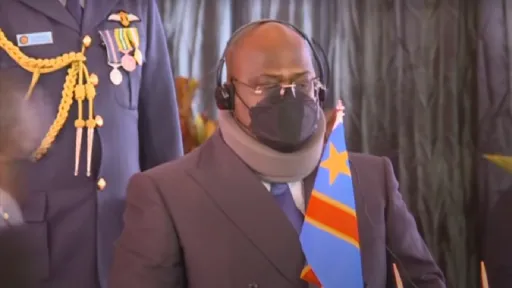Punishment Does NOT Improve Students' Grades
Some teachers punish students with the good intention of helping them to take education seriously and get better grades.
However, there is no evidence that punishment improves students' grades.
"All the students I have tried to push to perform well have ended up performing as poorly as those I didn't try to help," says Mrs. Kamau.
Academic performance depends on many factors including the child's ability and interest.
"Students who want to pass will always work hard on their own and approach teachers for assistance," she adds. "It's very difficult to ignore a determined child and equally hard to change a disinterested one."
Other students have different abilities unrelated to academics, while others are just weak academically and it's important to accept that fact, Mrs. Kamau explained.
"In our time, teachers punished us to get good grades but most of the students who received the most punishment never performed any better," she adds.
"Some of us thank our teachers for pushing us, but I don't believe our grades were the result of that punishment. My deskmate usually contemplated of killing a certain teacher who usually punished him and reminded him how capable he was."
"Students may not articulate how disinterested they are and will play along to avoid punishment without actually putting any affort to improve. Punishment also creates fear and resentment."
"It's for the same reason that torture is not an effective method of interrogation. People will just do anything to avoid the pain."
"You can only encourage and assist students to perform better. Those interested will respond positively and take the opportunity. It will also save you a lot of energy and frustration and protect your from unnecessary trouble."
"Some colleagues think am a bad teacher for being less pushy. It's because I know what works and what doesn't."
"Parents also blame us for not pushing students to perform better, but I always remind them that charity begins at home. If a child ignores his or her parents, there's very little I can do as a teacher."
"Some parents have asked me to flog their children to make them perform better. I've always reminded them that punishment doesn't work and they can always try the same at home."
"Even if flogging had the smallest chance of improving grades, a lot is at stake for me. I could lose my job or end up in prison. These outweigh the benefits of forcing a student to pass."
"Once a mistake occurs, everybody blames all teachers. But nobody remembers to thank them when they change the course of lost students."
"Besides most well-behaved and performing students already lack enough attention from the teachers. Focusing on those is more productive than putting your life on the line for someone who will not improve after all and might be planning on killing you."
"I have helped many students who take my advice or approach me for assistance. I'm only too willing to help. But once I know a student has switched off, I can't put my life at risk for someone who might not even appreciate it."
" I consider myself an academic consultant, not a performance enforcer. As a consultant, I can give you advice, but I can't force you to take it. I approach my students as my clients. I only have as much authority as they grant me and only proceed if they're interested," Mrs. Kamau concluded.





















